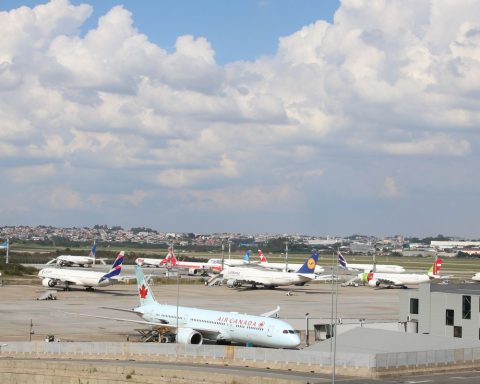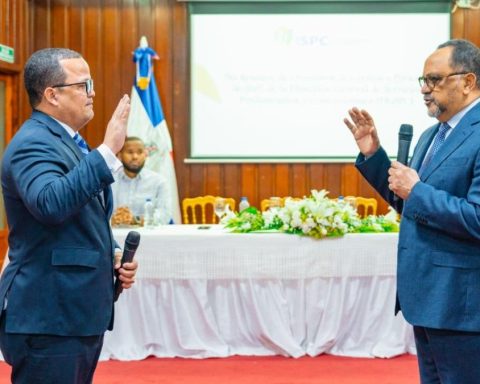On August 7, Gustavo Petro will arrive at the Casa de Nariño and will take the reins of a country that is going through major macroeconomic challengesbut where perhaps the most important of all will be sustaining growth.
(Read: What is the viability of Petro’s proposals, according to experts).
Although the next president will receive a country with high expectations for change, the future Petro government will have to get to work from day one to take charge of a galloping inflation, a fiscal deficit to be adjusted and improve the socioeconomic conditions of the population.
It is necessary to remember that Gustavo Petro, leader of Human Colombia, receives the country with a growth of 8.5% of the gross domestic product (GDP) in the first quarter of 2022, which continues the recovery of the economy achieved in 2021 (10.6%), after the fall in 2020.
Carlos Sepulvedadean of the Faculty of Economics at the Universidad del Rosario, maintains that “guaranteeing the path of economic recovery, job creation and poverty reduction are among the three main challenges that the elected president will have.”
Secondly, Andrew Abbey, Chief Economist for Latin America at Pantheon Macroeconomics, pointed out that “the new president of Colombia will find an economy in good shape, with production well above pre-Covid levels. The good news, however, will not last; high inflation and tighter financial conditions are now key threats.”
Controlling inflation will also be part of the challenge of the next Colombian president.
(Also: ‘It is not a change to take revenge, nor build more hatred,’ Petro).
Currently, Colombia is going through an inflationary cycle that led the annual figure to settle at 9.07% for Maywhich although it means a slight reduction compared to the previous month, the level of the cost of living continues to be at historical records.
It is also worth noting that the inflationary spiral is not only due to internal factors, but also to situations abroad, such as the disruption of global value chains due to the covid-19 pandemic, as well as the invasion of Russia. to Ukraine.
Germán Machado, consultant and professor of economics at the Universidad de los Andes, pointed out that the future Petro Administration will receive to the country with an inflationprobably downward, since the peak of the cost of living is expected to be reached in the June-July period and the new government begins in August.
He specifies that in order to continue reducing the cost of living, the new government must “get down to business” and “help import agricultural inputs” for production and will have a dilemma about stabilizing fuel prices.
Another of the challenges that the next president of the Republic will have will be to balance the fiscal sustainability of public accounts. Recently, the Ministry of Finance announced that, thanks to the collection figures, it is expected that the fiscal deficit for this 2022 will no longer be -6.2% but will be -5.6%,
“Whoever assumes the reins of Colombia will not be able to keep up with the country’s social spending, since an additional two billion dollars will have to be reduced annually to make financing sustainable (…) Likewise, the gasoline price stabilization fund costs approximately 2% of GDP and it is unsustainable, this will have to be addressed by the next government”, Silvana Amaya, senior analyst at the consulting firm Control Risks, told Portafolio.
one of the fstrongest lagelos generated by covid-19 was the increase in unemployment, which, according to the latest Dane cut, has already recovered and is at pre-pandemic levels.
This being the case, it will be the job of the next government to ensure that this continues to decline and, furthermore, to generate quality employment, to raise employment levels, especially in vulnerable populations. Currently, the unemployment rate is at 11.2%.
(Also: Gustavo Petro, Colombia’s first elected leftist president).
“Although Colombia is beginning to recover from unemployment, informality is still a challenge. Another challenge is that access to social protection is articulated around the employment status of people, this being one of the main causes of the problem of the Colombian labor market”, explained the political scientist Gonzalo Araújo, partner of the firm Orza.
BRIEFCASE
















